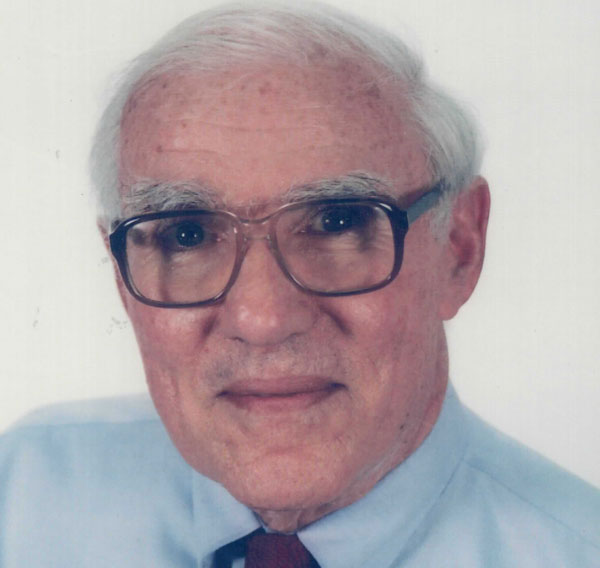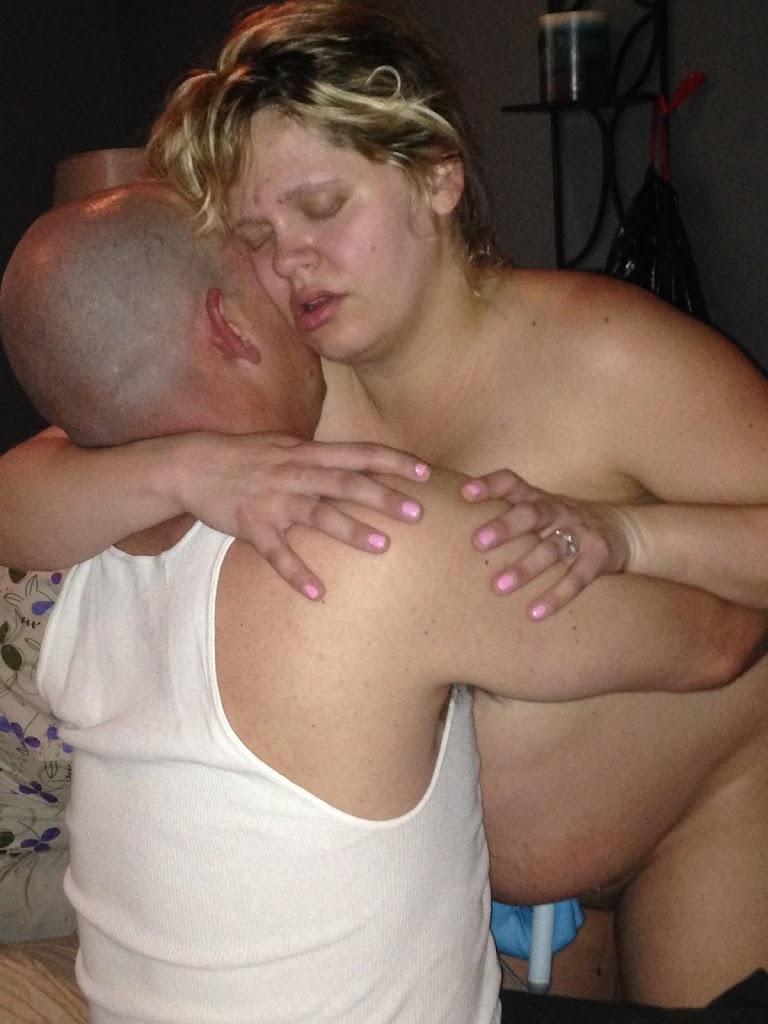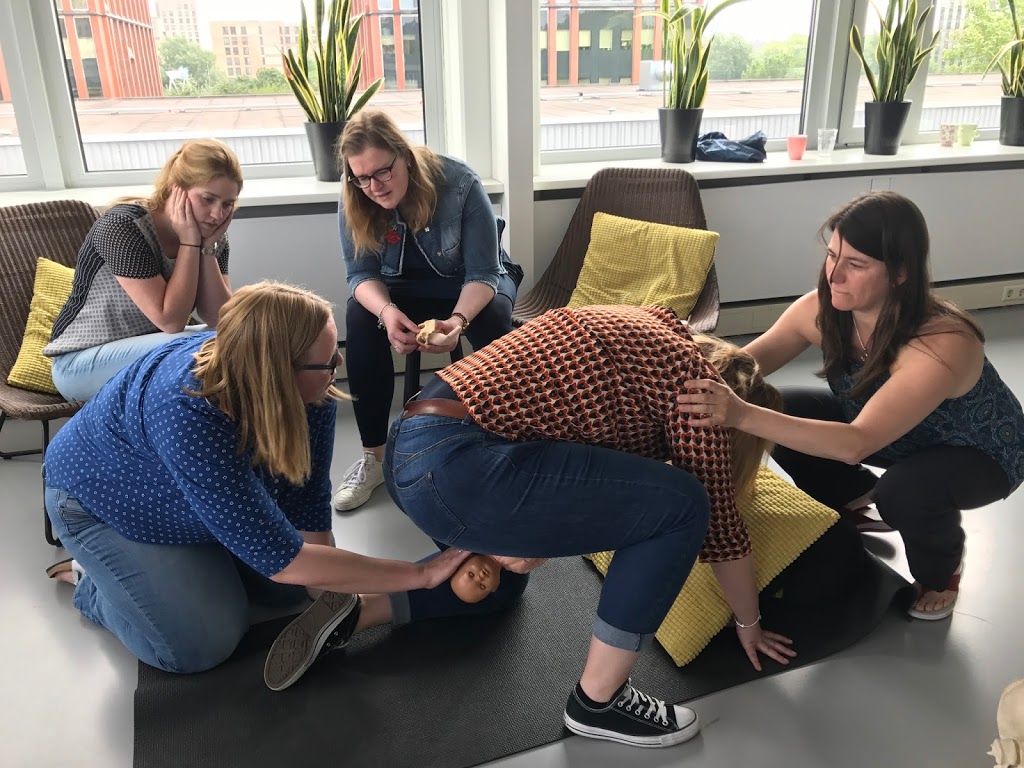Dr. Marshall Klaus, Champion of the Doula

Dr. Marshall Klaus, the world renown pediatrician, who with the late Dr. John Kennel, researched the power of a birth companion (doula) and followed other’s research to discover the modeling that birthing women will sometimes even verbalize themselves! Video above: Dr. Klaus in 2001 talking about the doula with doula Malik Turley Malik Turley: “Dr. […]
Preparing Strength with Vulnerability

Lately, I’ve been re-introduced to vulnerability. I don’t mean I’ve been re-introduced to hurt. Actually, I’ve been feeling stronger and more fluid than I have for a while within myself. I have more peace now with the process than I have had since the beginning of “my big learning curve” to give birth to Spinning […]
Resolving Shoulder Dystocia in Europe

I just got to teach Resolving Shoulder Dystocia in Italy and in Amsterdam. The wisdom and experience of these midwife “students” is immense, humble, and inclusive to my perspective. As midwives, we love to come together and learn from one another. Where else can midwives share insights and experiences unique to our experiences as midwives. […]
